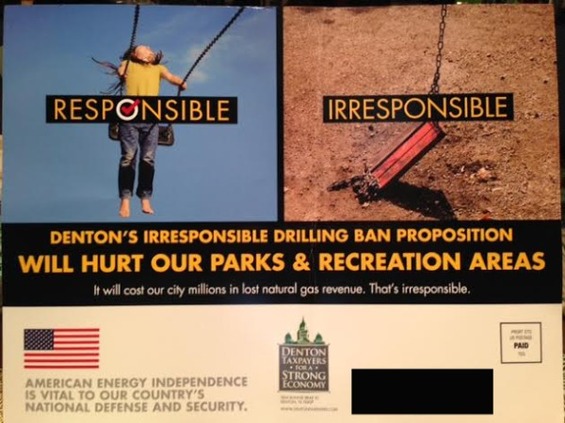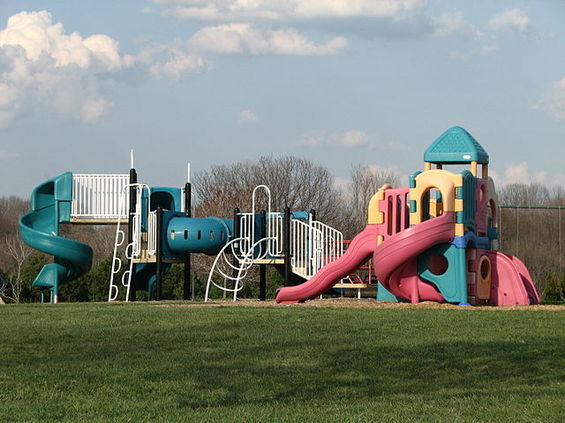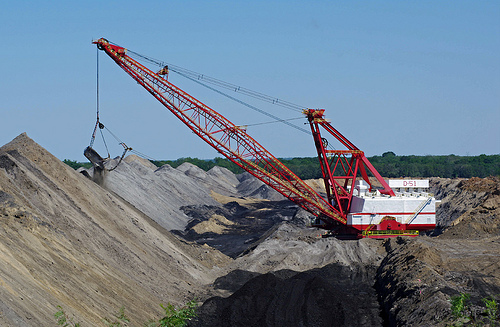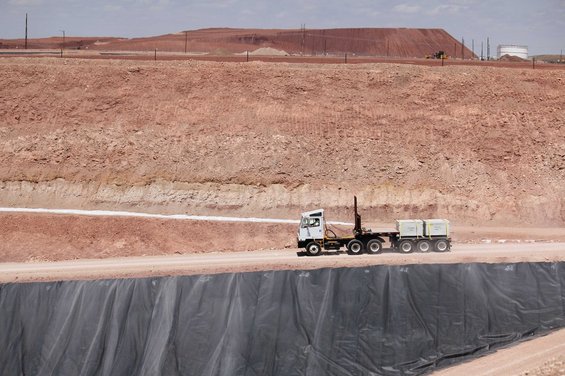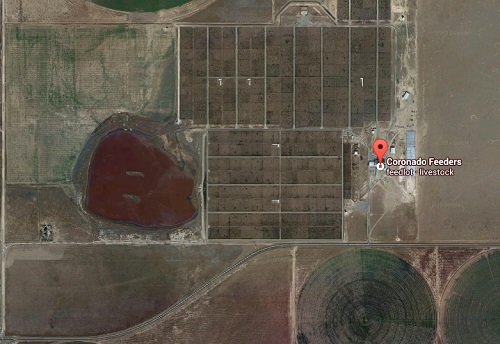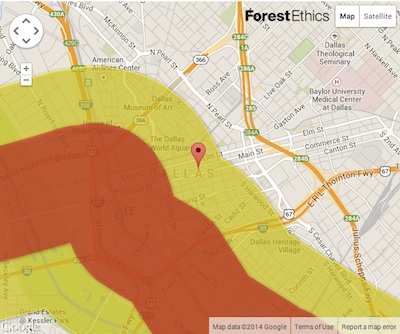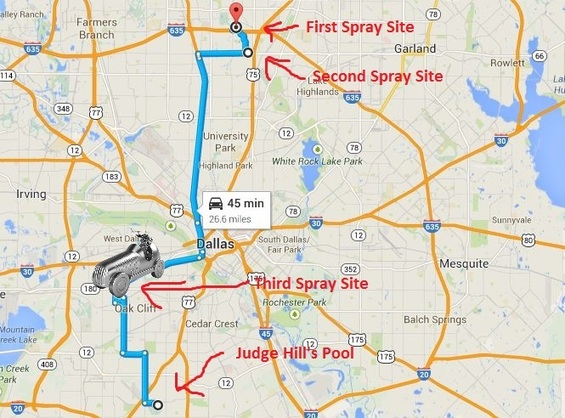Frisco Says Exide Is Being Cheap about Potential Superfund Site Cleanup
Lead makes you dumber, even if you only eat or inhale just a little bit. (Don't take my word for it, see what the scientists are saying). So when Frisco became one of 21 places in the country that failed lead-air quality standards that the feds implemented in 2008, people pointed their fingers at Exide's battery recycling plant in town as a likely culprit. 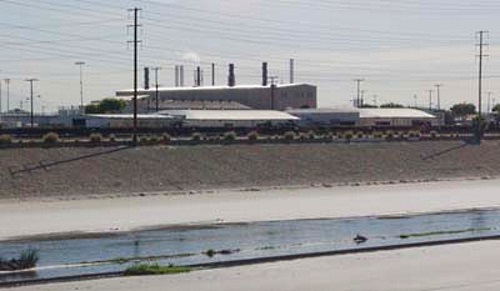
Exide agreed to close the plant in 2012 and shortly after filed for bankruptcy. Then Frisco officials announced last year that the city would probably keep and contain the lead at the spot where Exide left it, even though researchers say that toxic landfills in populated areas are a terrible idea.
More »





















